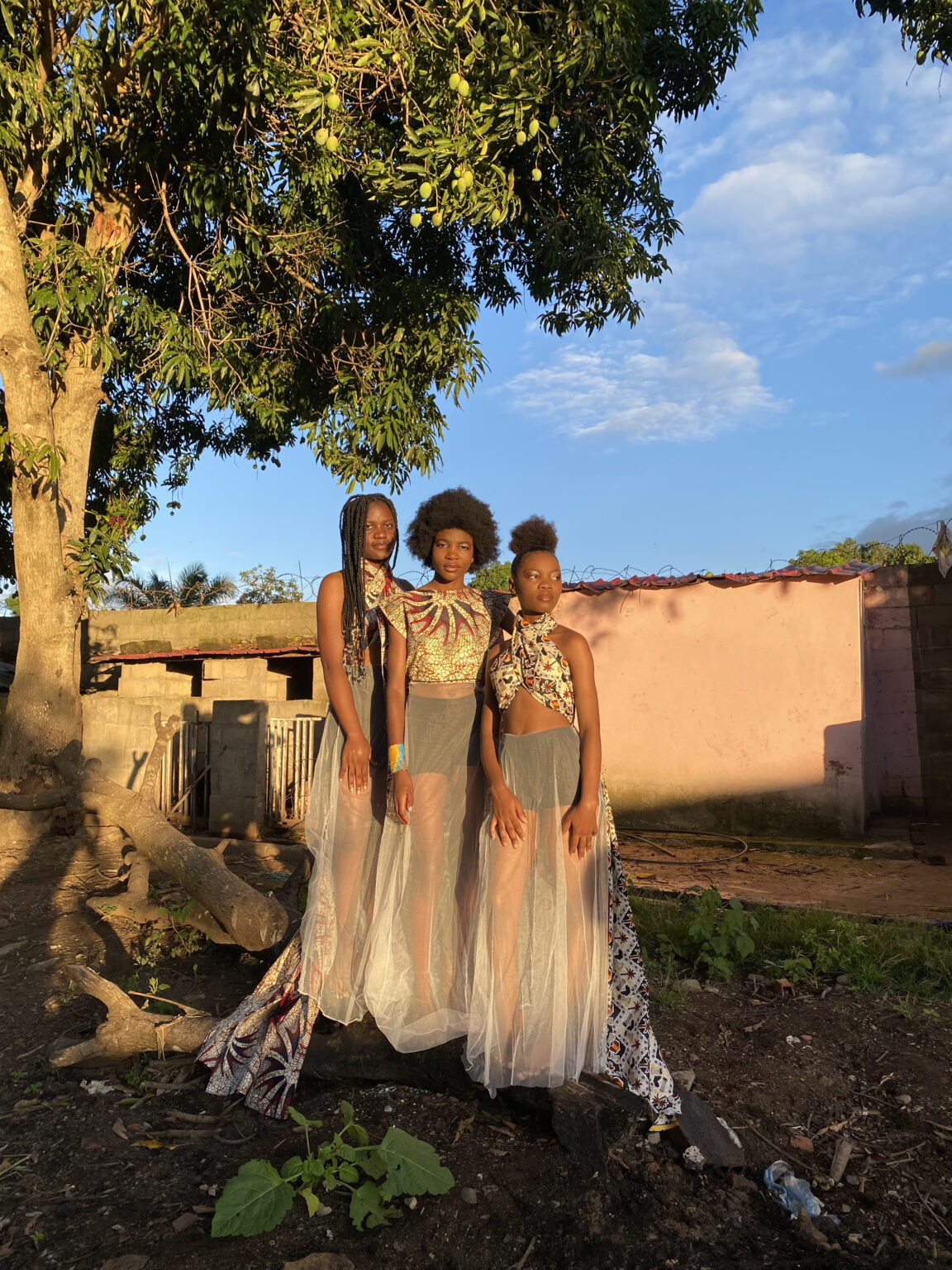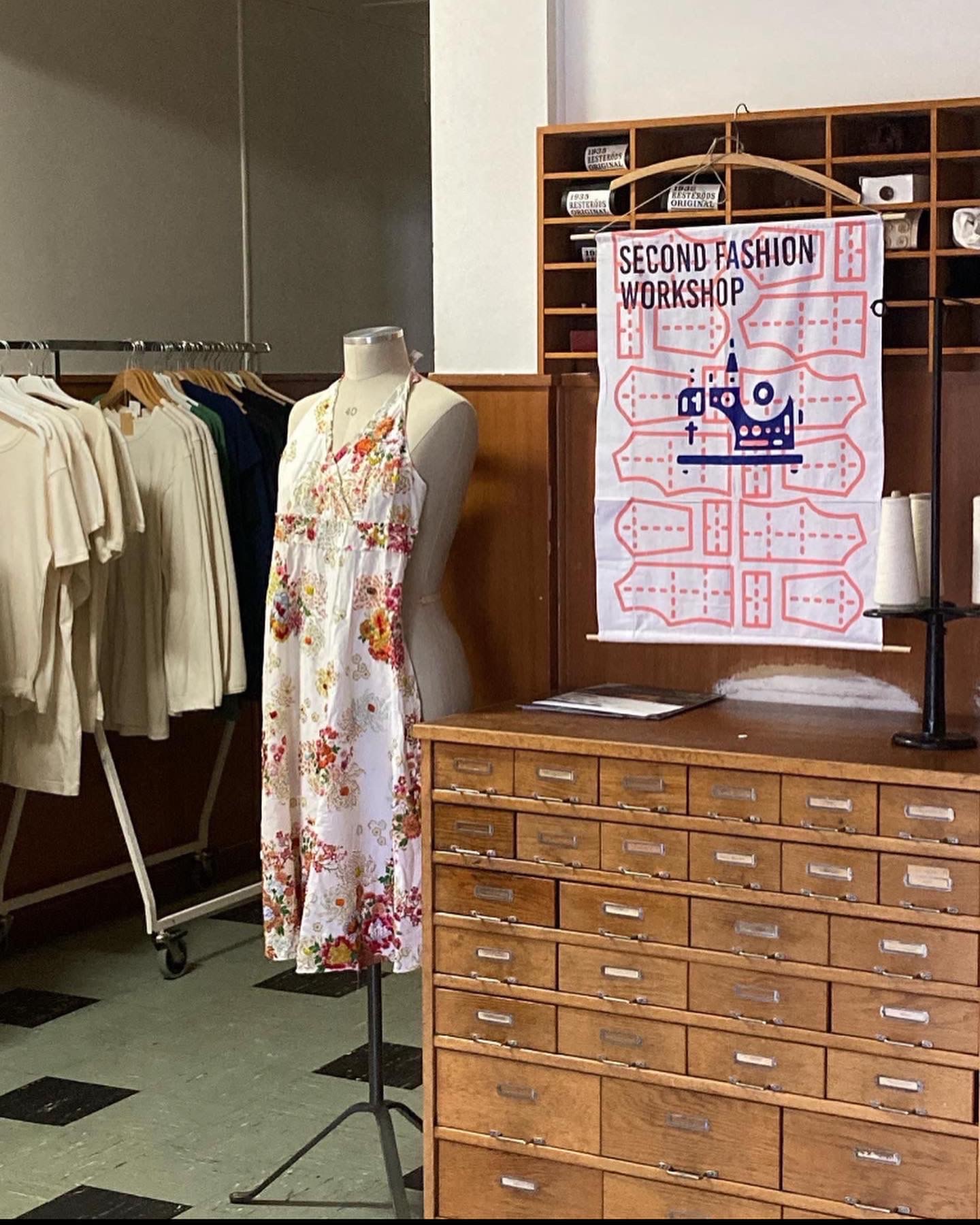

Second Fashion week is a project designed for those who have ever felt that the mainstream ideas of fashion, style, or beauty are unrealistic and disconnected from their realities. It’s for people who wear hand-me-downs from relatives, friends, or organizations, or buy clothes from second-hand stores, without the luxury of calling it “vintage.”
It’s for individuals who have not explored personal style due to the lack of resources, appropriate sizes, shapes, guidance, or confidence.
This project speaks to those at the very end of the fashion industry’s profit chain or those living in places surrounded by garment landfills filled with clothes they never used or made. @secondfashionweek celebrates the joy found in clothing for reasons that transcend trends or fashion and are more about self-acceptance and affordability in a world of extreme inequalities.
This initiative is for all of us who have not been at the forefront of the fashion world but have kept our spirits alive by giving items #secondchances.
It embraces a community of individuals who have found value and pride in garments beyond their market price, focusing on the emotional and practical aspects of fashion.
Many second-hand retailers in Europe are deeply involved in humanitarian efforts, using their sales revenues to fund social projects, especially in developing countries. These secondhand stores also serve as places of relaxation and solace for many who, for various reasons, lack access to other leisure activities. They offer a welcoming environment where people can gather, relax, and feel part of a community. Visitors come from diverse backgrounds, including individuals with limited financial resources, such as struggling parents, immigrants, students, children, young adults, the elderly, and homeless individuals, to those with stable financial positions looking for unique items.
The affordability and community aspect of these stores are vital. It’s crucial to maintain affordable prices to support those who rely on these stores, especially considering that much of their inventory now comes from the overwhelming overproduction of the fast fashion industry.
Protecting the affordability of secondhand stores ensures that fashion remains accessible to everyone, preventing their “gentrification” and preserving them as a vital resource for those in need. These stores not only offer a second life to clothing but also foster a sense of belonging and support within the community.
By maintaining the balance between accessibility and affordability, secondhand stores contribute significantly to social inclusion and sustainability.

We champion social inclusion because everyone deserves access to fashion that reflects their identity and values, fostering diversity and equality within the industry.
We advocate for zero waste to minimize fashion's environmental footprint, promoting sustainable practices like upcycling and reducing reliance on new materials.
We prioritize animal protection by endorsing cruelty-free fashion alternatives, ensuring our choices align with ethical standards and respect for all living beings.
We frequently host courses and workshops in various locations, offering unique learning opportunities for all. Stay updated by checking our website and following us on Instagram, where we announce upcoming events. Don’t miss out!
We’ve conducted numerous courses and workshops in various locations, and you can check out all the amazing experiences we’ve had right here on our website and on our social media. Explore our past events and see what we’ve accomplished!



